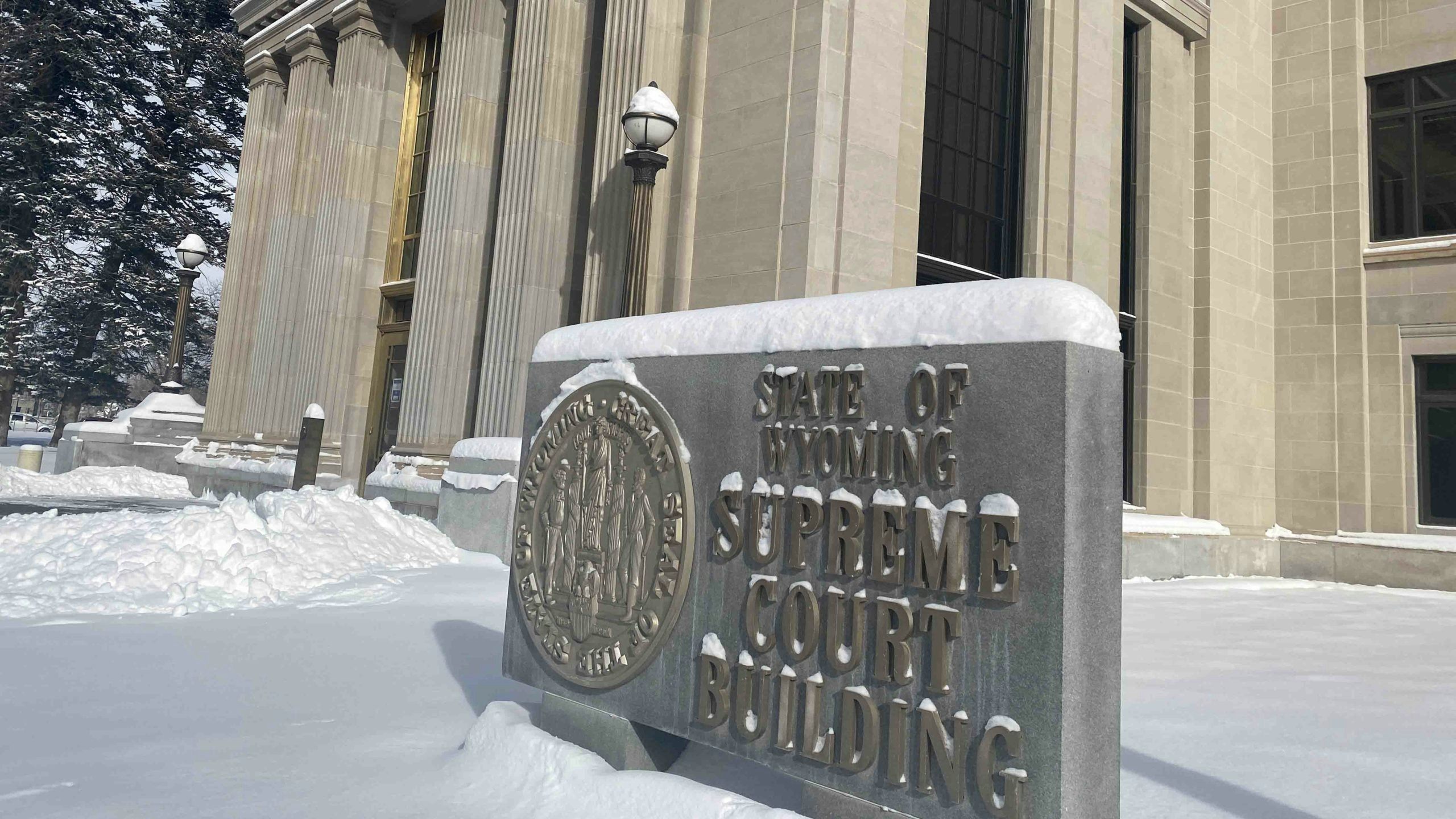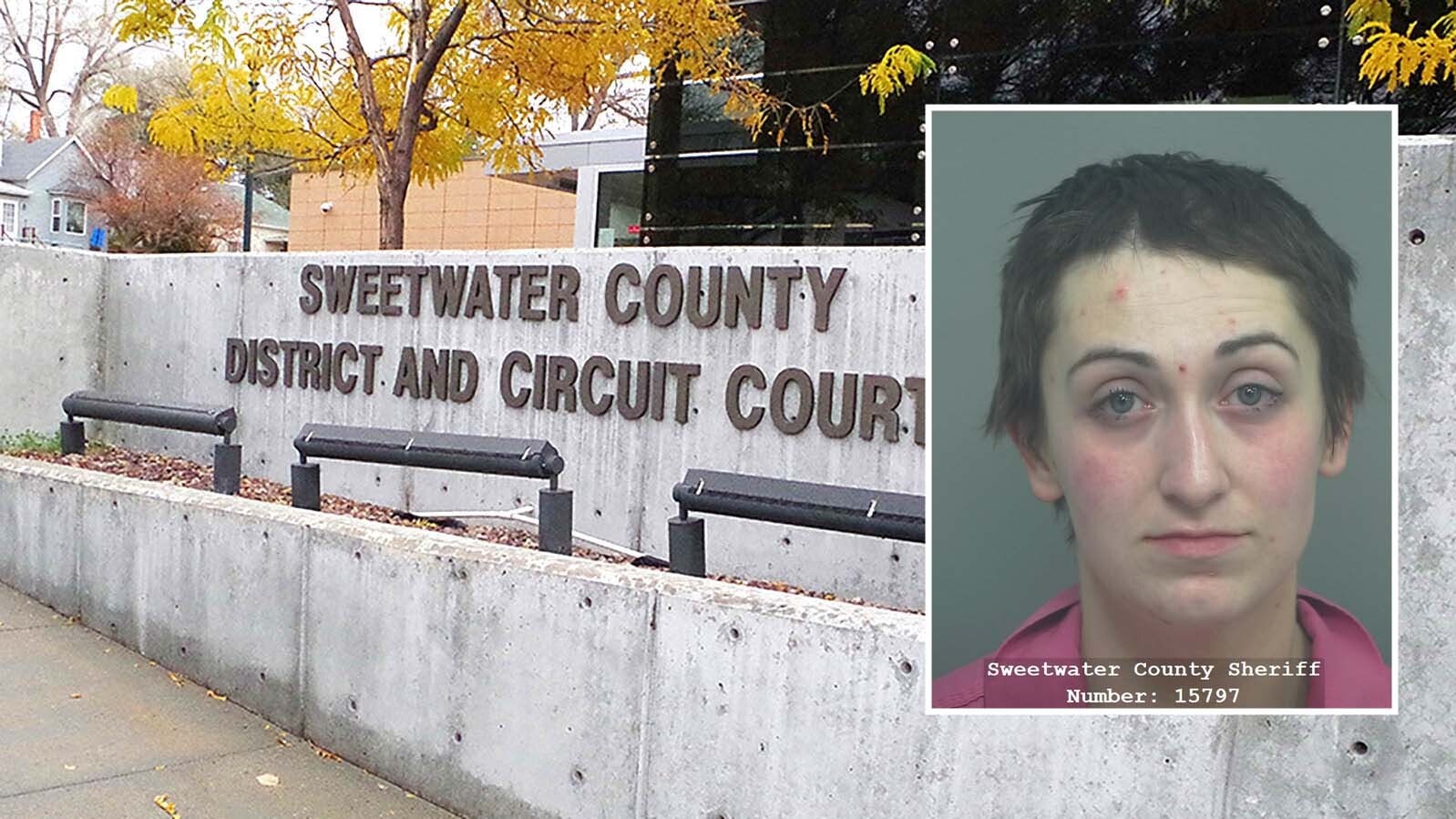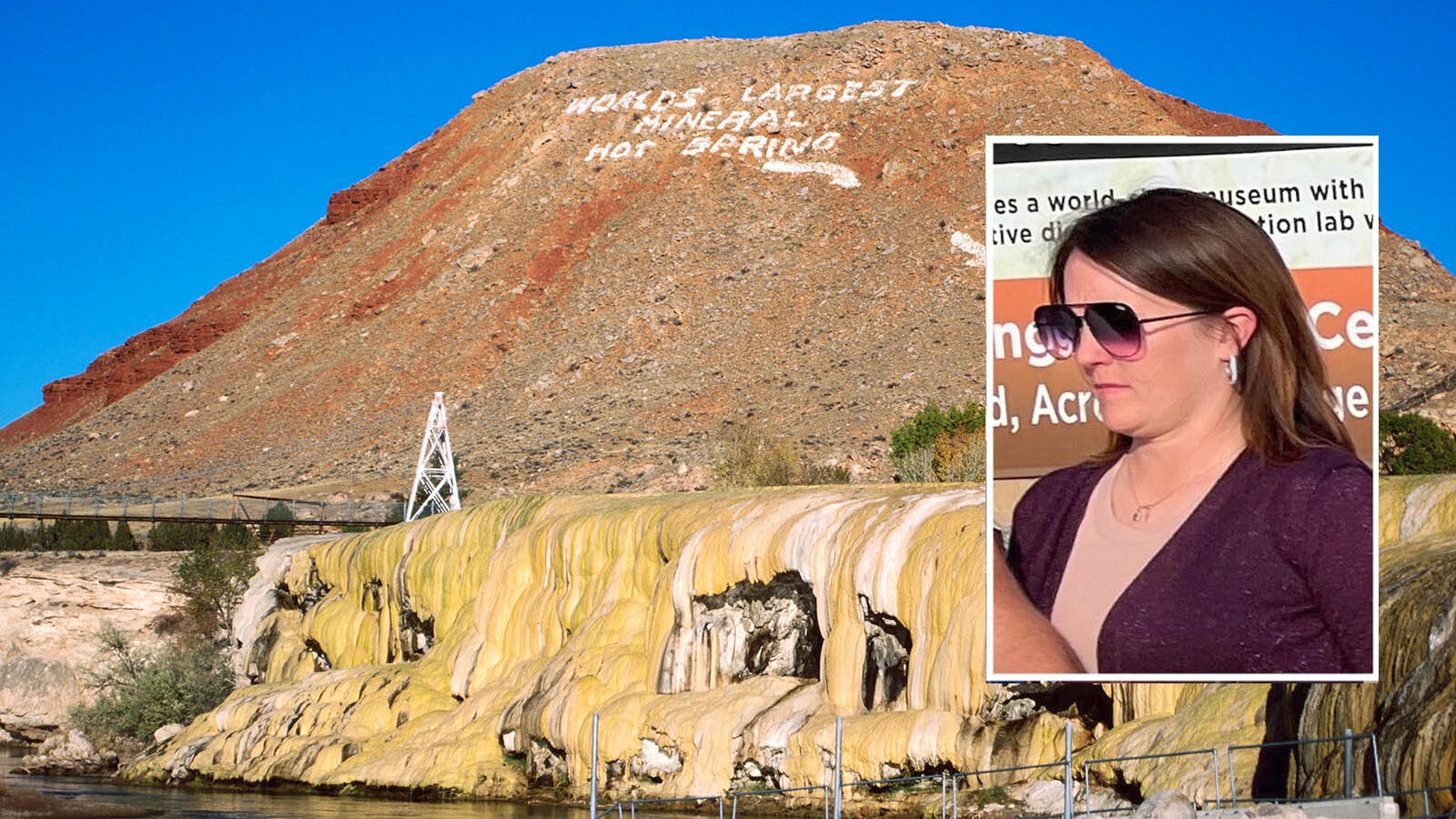To convict a man of voyeurism, a jury doesn’t need proof that the man actually looked at the videos he captured illegally, the Wyoming Supreme Court ruled Wednesday.
The ruling comes in the case of Shaun T. Kobielusz, a Sheridan man convicted in 2022 for secretly filming females in his home bathroom. A district court sentenced Kobielusz to between one and two years on each of the three counts of voyeurism of which he was convicted, but two of those terms could run simultaneously.
While quarantined Nov. 9, 2020, Kobielusz’s wife learned that digital clocks in their Sheridan home had memory cards and video recording capability. One of the three clocks was in the bathroom.
After discovering recorded videos of people going to the bathroom, the wife handed the memory cards over to law enforcement, according to the Wednesday opinion from the Wyoming Supreme Court.
Kobielusz’s Amazon account showed he bought the clocks in January 2020, the document says.
‘Looking’
Kobielusz challenged his conviction, arguing to the high court that prosecutors didn’t prove all elements of Wyoming’s voyeurism law to the jury.
The law says a person is guilty of voyeurism if he has been “looking in a clandestine, surreptitious, prying or secretive nature into an enclosed area where the person being viewed has a reasonable expectation of privacy.”
Another clause upgrades the crime from a misdemeanor to a felony if the defendant captures an image with a camera.
The prosecutor may have proved that Kobielusz captured videos with his clocks, but not that Kobielusz had done any “looking” at the videos, the man argued.
Looking vs. Capturing Bathroom Videos
The Wyoming Attorney General’s Office, via its deputy Donovan Burton, argued back, saying the crime’s element of “looking” is satisfied in the felony-describing element of “capturing.” So, the state didn’t have to take the extra step and prove that Kobielusz did any “looking.”
The high court agreed.
“Based upon the arrangement of the words and their connection to each other, the voyeurism statute makes (capturing) an alternative to or different crime than (looking) by requiring a more specific type of ‘looking,’” says the court’s opinion. “The state need not prove Mr. Kobielusz looked at or viewed the captured videos.”
Because of this, the high court disagreed with Kobielusz’s other arguments: that there was insufficient evidence to convict him of voyeurism, and that his trial jury received incomplete jury instructions.
Wives And The Fourth Amendment
Lastly, Kobielusz argued that his wife didn’t have the authority to hand the videos over to law enforcement and their seizure violated the Fourth Amendment to the U.S. Constitution, which promises people protection from unreasonable searches and seizures.
Though the pair had recently been separated and reunited, they had remained married since 2009, the opinion says.
The wife had “common authority” over the memory cards, so she could search them and give them to police, the Wyoming Supreme Court decided.
“As soon as (she) became aware of the existence of the memory cards, she had the same access and control over them as Mr. Kobielusz,” says the opinion.
The court upheld Kobielusz’s conviction.
Clair McFarland can be reached at clair@cowboystatedaily.com.





